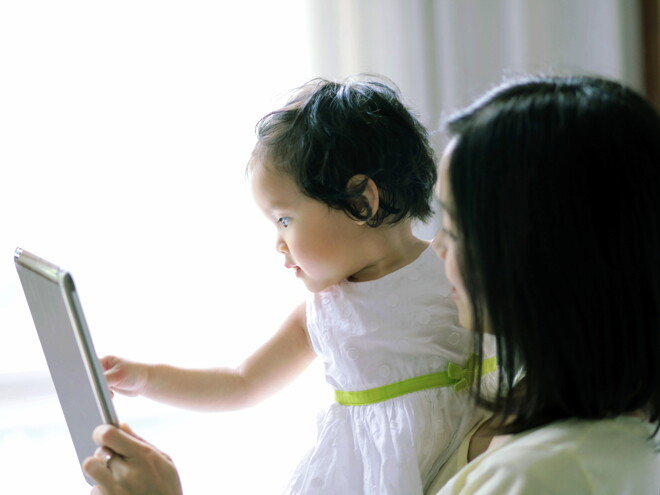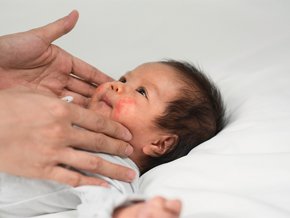
Baby’s amazing body and brain development!
During your baby's first year, ang daming fast and surprising changes. His weight triples and height doubles!
But did you know that more important growth is happening behind the scenes --- in your baby's head? His brain creates 2 million connections per second in the first 24 months of life! O, ‘di ba, amazing!?
Pediatrician Philippe Grandesenne, author of the books - Bébé, raconte-moi tes premières fois [English Translation : Baby tell me about your first times (Bayard Culture)] and Bébé, dis-moi qui tu es [Baby, tell me who you are (Marabout)], describes in detail the key stages of this neural hyperactivity.
Is a baby born "as intelligent" as an adult?
Even though I have been working with young babies for several years, I am still fascinated to find that a baby potentially has all future mental faculties at birth and more! It is amusing to note that a newborn's brain has more neural connections than adults. This is what as known as innate skills.
For example, your baby is able to universally recognize all sounds ; whereas their mother tongue shapes their hearing and speech. They have automatic reflexes such as the grasping reflex, arm crossing or walking, only possible as of 8 months…
Their neural connections gradually rede to leave room for actual learning. My colleague neurologists call this "neural massacre", as if the brain needs to load itself in order to subsequently develop!
What is the role of education and learning?
In reality, intelligence appears as soon as your baby begins learning new things and when he is able to adapt to new situations.
From then on, his psychomotor skills and emotional ability are defined by what is going on around him. His brain "records" everything and nothing escapes its attention. With his awakened five senses and constant hearing of his mother tongue spoken all day long, his brain gradually organizes itself.
It is the large quantity of information that is continuously "recorded" that now forms the cerebral connections, via which your baby learns to talk, eat on his own, learns to toilet train and experience feelings and emotions. Such development is fascinating to study!
How can I help my baby develop, coordinate his movements and be more alert?
Simply by living with baby, including him in daily home and family life. Everything we do fascinates him. But I am not, however, in favor of overstimulation. If your baby wants a cuddle then give him one without worrying what others may think. Children develop at their own pace and parents must adapt to that! I often have to repeat this to parents that have overly normative values.
Co-written with Kate Perales, RND.




























